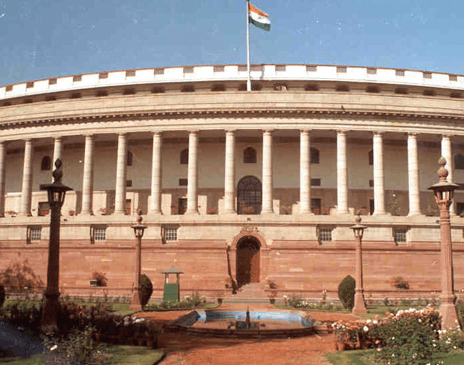Lok Sabha passes Indian Institutes of Information Technology (PPP) Bill, 2017
The Lok Sabha passed the Indian Institute of Information Technology Public Private Partnership (IIIT-PPP) Bill, 2017 to allow 15 IIITs established on a PPP model to grant degrees and get statutory status.
The bill also seeks to grant institute of national importance status to IIITs on the lines of the Indian Institutes of Technology (IITs) and National Institutes of Technology (NITs).
Background
The Union Government had initiated the opening of 20 IIITs with private partnership of which 15 are already operational. These engineering and tech schools were established at a cost of Rs. 128 crore each. The centre had contributed 50% of the amount, states 35% and private partners remaining 15% (i.e. 50:35:15 ratio). However, these institutes were not been eligible to grant degrees.
Salient Features of the Bill
Definition of PPP: The bill define PPP as a partnership under a scheme of the centre for establishment of institutes through collaboration between the centre, the state government and industry partners such as individuals, trusts, companies or societies.
Establishment of an institute: State government will identify at least one industry partner for collaboration to establish an institute and submit a proposal to the centre. The centre will examine the proposal based on certain criterias. The centre may reject or accept the proposal with modifications. Upon such acceptance, the centre will enter into a MoU with the concerned state government and industry partners to establish proposed institute.
Role of the industry partner: It will have powers for co-creating programs as per the requirements of the industry; actively participating in the governance of the institutes; and funding and mentoring startups in the institutions.
Board of Governors: It will be the principal policy making and executive body of the institute. The Board of each institute will comprise upto 15 members including Chairman nominated on the recommendation of the centre.
Senate: It will be the principal academic body of each institute. It will specify the criteria and procedure for admission to courses of study; recommend to the Board, creation of teaching and other academic posts; and specify academic content of programmes and courses of study.
Coordination Forum: It will deliberate on matters of common interest to all the institutes. It will advise the centre to include or exclude an institution from the schedule of the Bill.
Funds of the institute: Each institute will maintain a fund consisting of funds from the government and other sources including grants, fees and donations. Further, each institute will create corpus fund of the net income of the institute and donations for its long term sustainability.
Month: Current Affairs - July, 2017


